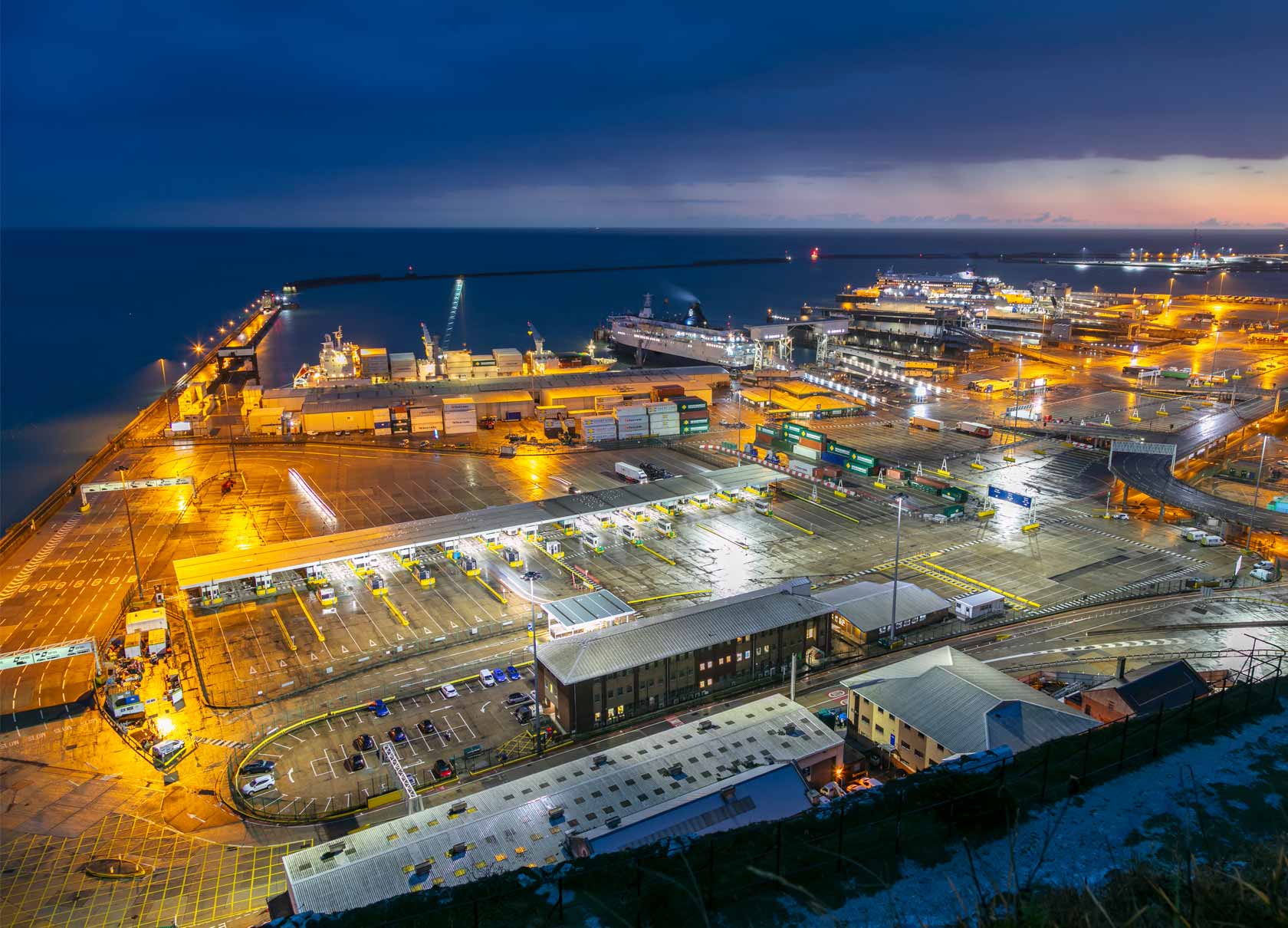
It is just a year since I wrote an article putting forward the argument as to why we should remain aligned with the EU on SPS. I highlighted the risks of divergence and urged that the UK reach an agreement with the EU post haste.
What has changed since then?
Well, we have a new government for starters, one that has committed to resetting the post Brexit relationship with the EU while making it clear that this does not include rejoining the Single Market or Customs Union. That said, as things stand, even minor concessions on youth movement under programmes such as Erasmus seem to have been ruled out so one is left wondering where the positive overtures, which will have to include some concessions, are going to come from when even a minor one such as this are off the table.
And we need action quickly to mitigate the damaging effects of the current arrangements on trade. This is because the other thing that has changed is that we now have a much fuller picture of what this is costing and how bad it is for business.
This is largely supported by a study produced for the Scottish Government by the Andersons Centre in July 2023 which puts this figure closer to £1600. Based on market prices at that time, this would be equivalent to a tariff of around 2%, not far off the net margins many operate at.
More recent feedback from BMPA members would indicate that this number is on the conservative side and if loads are physically checked, samples taken or issues arise the costs can be much higher. Above all, BMPA member companies that export (which is most of them) are now employing teams, literally dozens of people, solely to deal with all the process and complexity associated with export to the EU. This has also made trade very difficult, if not impossible for those businesses that simply do not have the resources to do so. And this investment is not to add value or for business expansion, but simply to confirm that their products fully comply with EU regulations which they do anyway.
This significant investment in administrative infrastructure and all the associated costs of certification, border procedures and the logistical ‘drag’ caused by these directly affect competitiveness as well as eating into the low single digit net margins that the meat processing industry operates and putting us as a disadvantage compared with our EU competitors.
A revised deal with the EU which removes all this cost and complexity is needed urgently. We should be clear that anything short of alignment will not remove most of the costs we currently face which are incurred regardless of whether consignments are checked or not and, at the risk of being repetitive, any products exported to the EU must fully meet EU rules anyway, so there is little downside.
Taking the new government at its word on its growth agenda, an alignment deal would cut costs, improve competitiveness, free up trade and result in increased revenues all of which would contribute to that objective as well making the Treasury happy! To do this, we need a deal soon!
We are the UKs largest trade body for the meat industry and provide expert advice on trade issues, bespoke technical advice and access to government policy makers
We are proud to count businesses of all sizes and specialties as members. They range from small, family run abattoirs serving local customers to the largest meat processing companies responsible for supplying some of our best-loved brands to shops and supermarkets.
We are further strengthened by our associate Members who work in industries that support and supply our meat processing companies.
We are the voice of the British meat industry.

17 Clerkenwell Green
Clerkenwell, EC1 0DP
Tel: 020 7329 0776